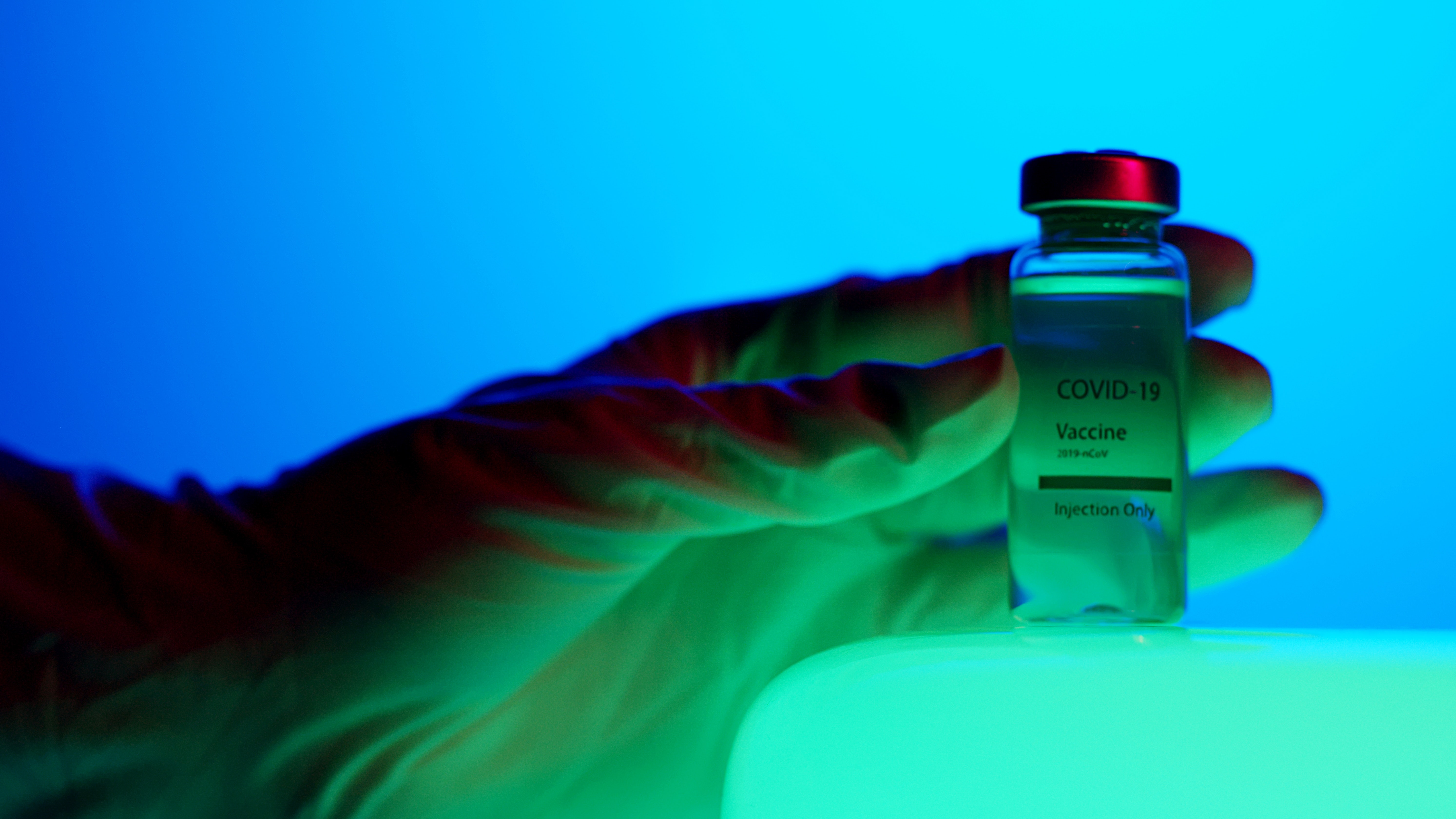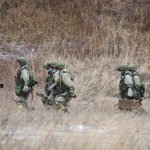
Russia Monitor is a review of the most important events related to Russian internal and external security, as well as its foreign policies.
Date: 17 November 2020
Russia’s Coronavirus Vaccine Race Continues
Since the outbreak of the coronavirus pandemic, Russia has set itself a goal of producing a vaccine as quickly as possible, also to convince the whole world it managed to be a world first. Back in early August, Moscow announced it had approved the vaccine – despite mounting doubts whether it is effective. Will the World Health Organization succumb to Russian lobbying?

The WHO is now in talks with Russia over its Covid-19 vaccine and its possible use in the fight against the coronavirus pandemic. It is about putting the vaccine branded Sputnik V on the WHO’s list of vaccines, a move tantamount to recommending member states to administer the drug. However, it is little known whether this would be the case of Sputnik V. Russia approved the vaccine, although large-scale clinical trials are continuing. About 40,000 people would be given it in tests, according to the authorities. Yet as the WHO reported, it is awaiting detailed information on the vaccine. Only after its developer submits it to the WHO will it be possible to check whether the vaccine meets its standards. The vaccine was developed at the Gamaleya Research Institute and Binnopharm’s production sites, both being subordinate to the Russian health ministry. Russia’s Sputnik V vaccine is 92 percent effective at protecting people from the novel coronavirus, according to them. Their statement just two days after the U.S.-based drug company Pfizer announced that early data show its vaccine to be 90 percent effective, a move somewhat confirming Moscow’s propaganda-like approach to the issue. The Sputnik V vaccine consists of two doses, administered three weeks apart. Only three weeks past administering the second dose should the vaccinated person gain immunity from Covid-19 infections. In Russia’s Altai Krai, three medics in Russia caught the SARS CoV-2 coronavirus after being injected with the Sputnik V. Officials in the Altai Krai argue that the sick doctors’ immunity likely did not have time to form by the time they encountered the novel coronavirus. The same was echoed by the country’s health ministry. Yet Russian President Vladimir Putin has expressed confidence that both Russian-registered coronavirus vaccines eventually prove effective. Another vaccine, dubbed EpiVacCorona, was also registered before completing its late-stage clinical trial tests. Putin informed about a third vaccine to be registered soon. Unlike Sputnik-V and EpiVacCorona, it contains a living virus. Russia does not conceal its taking part in the race with the West to develop and administer the Covid-19 vaccine. The most important thing is to convince the whole world that Russia became the first country in the world to approve a vaccine for the coronavirus. Moscow therefore rushed to officially approve its vaccine on August 11, 2020, before completing critical, late-stage clinical trials to determine its safety and effectiveness. Also, the name Sputnik V clearly refers to the Cold War-era space exploration rivalry with the United States, recalling the Soviet Union’s launch of a first satellite.
Support Us
If content prepared by Warsaw Institute team is useful for you, please support our actions. Donations from private persons are necessary for the continuation of our mission.
All texts published by the Warsaw Institute Foundation may be disseminated on the condition that their origin is credited. Images may not be used without permission.

















